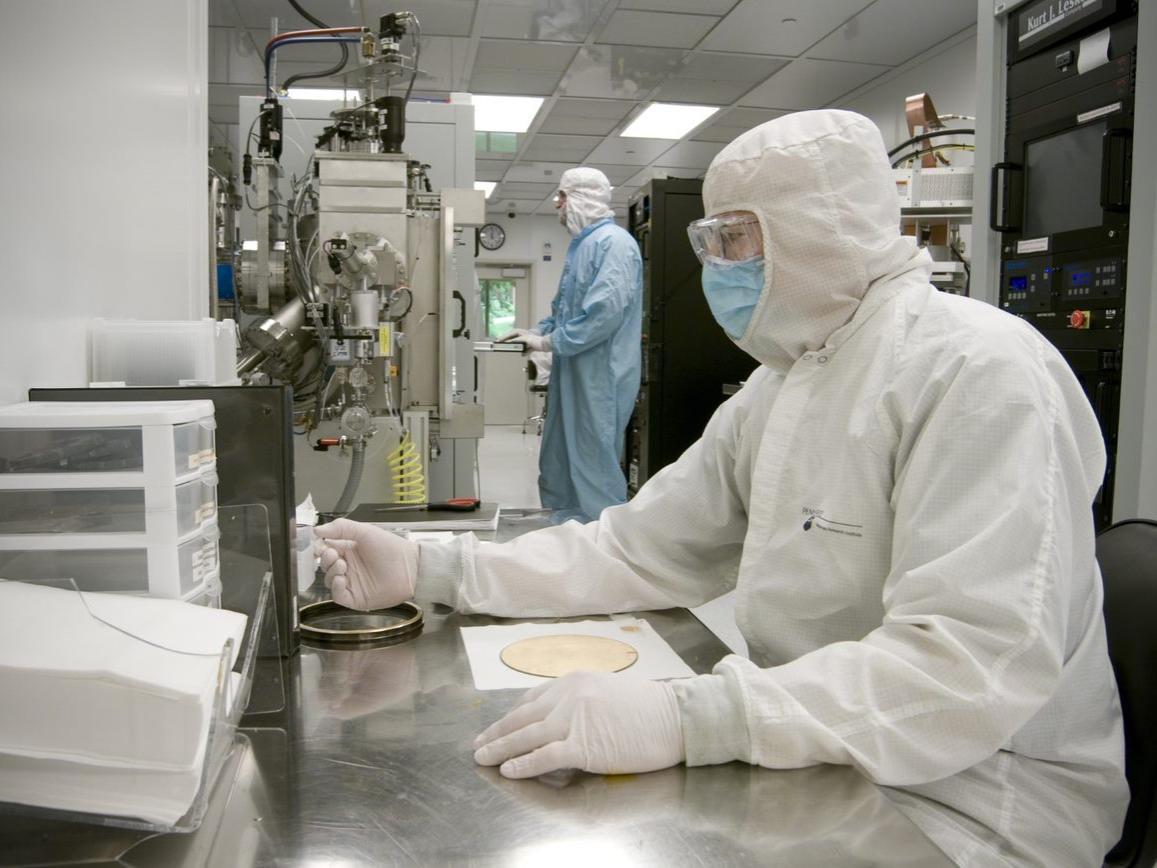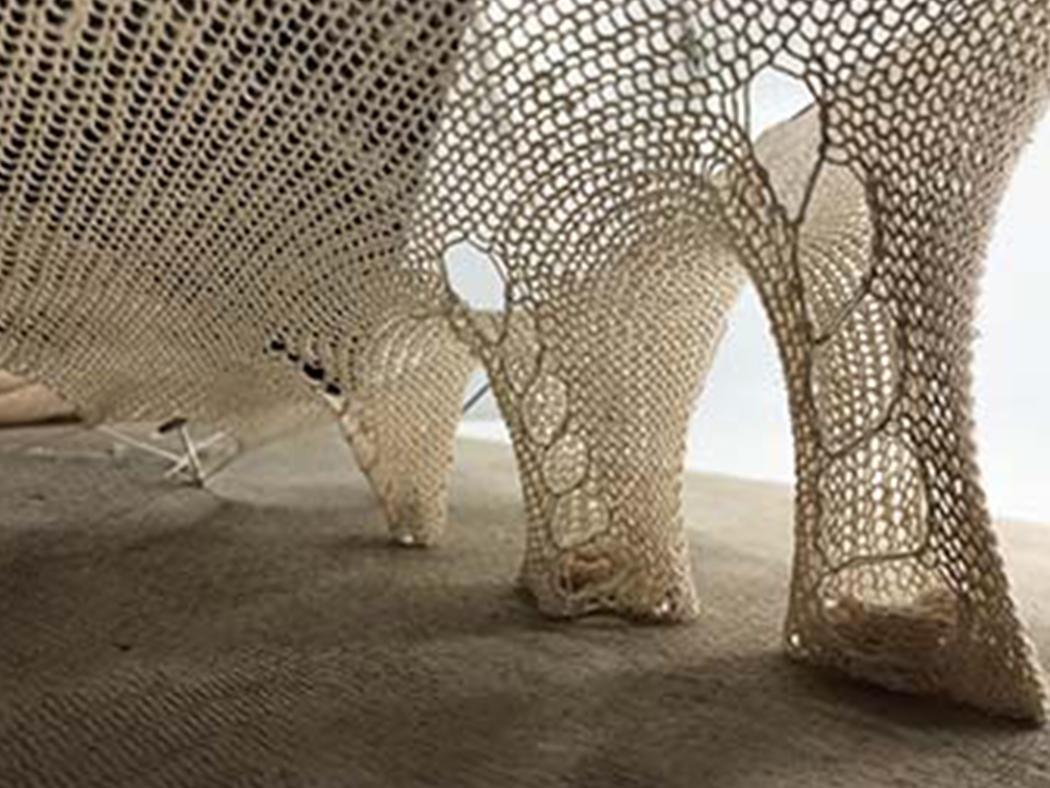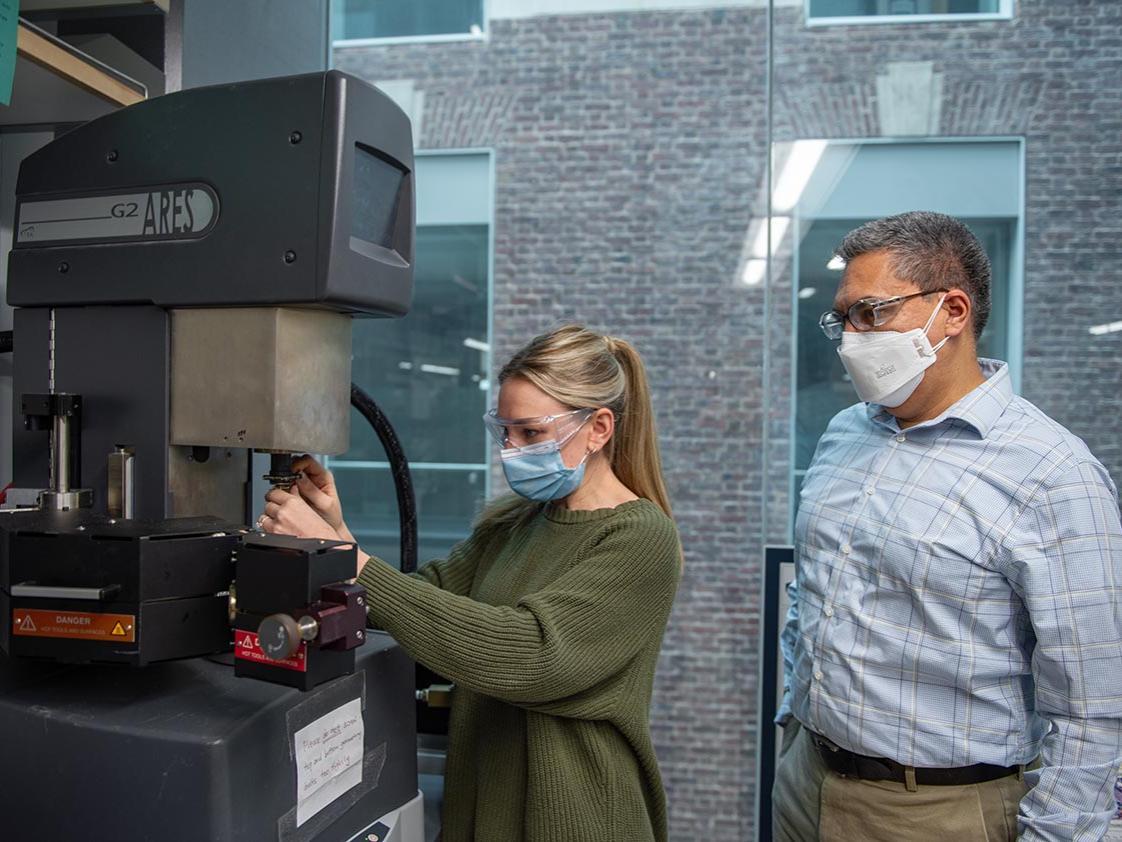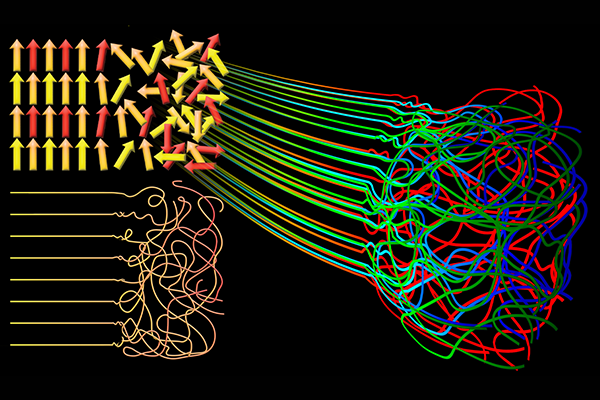The Institutes of Energy and the Environment (IEE) awarded seed grants to 21 groups of interdisciplinary researchers at Penn State for the 2021–22 cycle.
More than 12 million tons of glass are produced annually in the United States, but only 25% of glass is recycled and non-soda lime silicate glass compositions used in smartphones and other electronic devices cannot be recycled at all. Penn State recently received funding for the project, “Enabling Improved Glass Recycling Technology and Modeling Tools,” to help promote higher recycling rates in Pennsylvania.
The Penn State Materials Research Institute (MRI) has announced the 2022 recipients of seed grants that will enable University faculty to establish new collaborations with partners outside their own units for the exploration of transformative ideas for high-impact materials science and engineering.
Penn State has nominated juniors Ellie Kim and Zachary Trdinich for the 2022 Astronaut Scholarship, which awards $15,000 to undergraduates in science, technology, engineering and math (STEM) fields who intend to pursue a career in research.
Six University faculty members have received 2022 Faculty Scholar Medals for Outstanding Achievement.
Magnetism, one of the oldest technologies known to humans, is at the forefront of new-age materials that could enable next-generation lossless electronics and quantum computers. Researchers led by Penn State and the university of California, San Diego have discovered a new ‘knob’ to control the magnetic behavior of one promising quantum material, and the findings could pave the way toward novel, efficient and ultra-fast devices.
An interdisciplinary team of Penn State researchers was awarded $40,000 as a recipient of the Skidmore Owings & Merrill (SOM) Foundation 2021 Research Prize for a project that explores mycelium-based and knitted textiles to form a sustainable building material.
In the 2023 U.S. News & World Report Best Graduate Engineering Programs rankings released March 29, engineering at Penn State University Park ranked No. 32 overall, advancing one place from last year’s report, and No. 18 among public institutions. Seven engineering specialty disciplines offered by the College of Engineering also climbed in the rankings, and eight are now ranked in the top 20 nationally.
An international collaboration led by Penn State researchers has developed a new tool to reduce the time and resources involved in determining which materials can be best applied in wearable technology, including biomedical devices.
A challenge in materials design is that in both natural and manmade materials, volume sometimes decreases, or increases, with increasing temperature. While there are mechanical explanations for this phenomenon for some specific materials, a general understanding of why this sometimes happens remains lacking.











